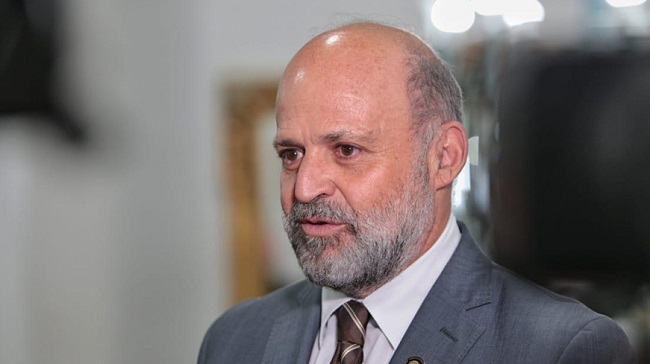The governing body of the Global Environment Facility (GEF) has approved nearly $700 million in financing to improve chemicals and waste management, bolster water and urban resilience, and protect biodiverse areas in developing countries striving to meet international environmental goals, in partnership with civil society.

Meeting virtually, GEF Council members representing 186 countries agreed to start the process early next year for the ninth replenishment of the Global Environment Facility Trust Fund. This next four-year funding period, stretching from July 2026 to June 2030, aligns with the final push towards achieving key targets across the multilateral environmental agreements the GEF supports.
“Our planet’s vital signs are flashing red – we need to work urgently to avert the collapse of the global ecological system that maintains life on Earth. Meeting the 2030 goals has our full attention, and we are committed to moving quickly through GEF-9 to tackle priority environmental needs in an inclusive manner,” said GEF CEO and Chairperson Carlos Manuel Rodríguez.
“Addressing environmental challenges, which is complex, requires a systematic approach and collective responsibility, for ourselves as well as the future generations,” said Dawda Badjie Banjul, Co-Chair of the 68th Council and Council Member from The Gambia.
In their week-long meetings, Council members allocated $554 million from the GEF Trust Fund, $93.6 million from the Least Developed Countries Fund (LDCF), and $12.6 million from the Special Climate Change Fund (SCCF). They also reviewed progress by the Global Biodiversity Framework Fund (GBFF), including the setting aside of $91 million for the future funding of new initiatives in 17 countries that received project preparation grants.
The Global Environment Facility’s family of funds, including the GEF Trust Fund, GBFF, LDCF, SCCF, Nagoya Protocol Implementation Fund, and Capacity-building Initiative for Transparency, work to meet needs in an integrated, inclusive, and efficient way, leveraging the strength of the GEF Secretariat and its policies to ensure maximum impact.
Together, the funds support countries’ progress towards the targets of the Biodiversity Beyond National Jurisdiction Agreement, Convention on Biological Diversity, Minamata Convention on Mercury, Stockholm Convention on Persistent Organic Pollutants, UN Convention to Combat Desertification, and UN Framework Convention on Climate Change.
The latest GEF Trust Fund work programme spans 31 projects and programmes in 133 countries, covering 98 percent of the world’s Least Developed Countries and 95 percent of all Small Island Developing States. The largest portion relates to chemical pollutant and waste management, including initiatives focused on agrochemicals, tourism, and PCB elimination as well as a chemicals and waste finance facility.
